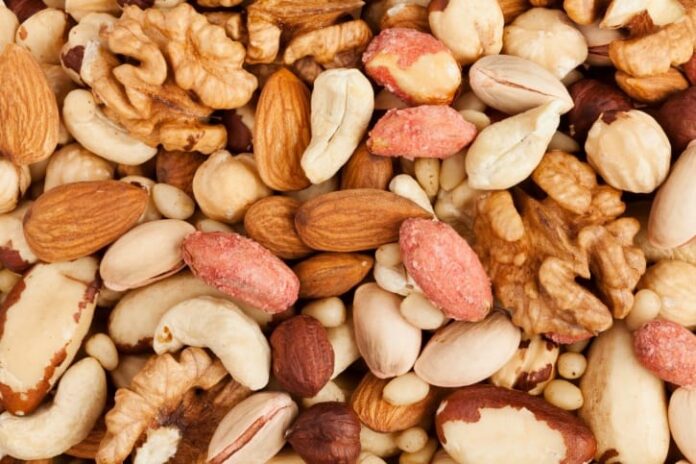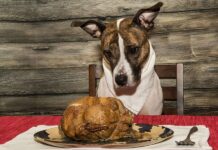Are Nuts Safe for Dogs? A Comprehensive Guide
As pet owners, we often find ourselves sharing our food with our furry friends, sometimes without a second thought. While some human foods are safe for dogs in moderation, others can be harmful or even toxic. This article aims to clarify which nuts can safely be shared with dogs and which ones should be avoided altogether.
The Dangers of Certain Nuts
While common knowledge tells us to steer clear of chocolate, onions, and alcohol, nuts present a more complex dilemma. Some nuts are perfectly acceptable for canine consumption, while others pose serious health risks. Understanding the difference is crucial for your dog’s well-being.
Nuts That Are Safe for Dogs
1. Almonds

Almonds are not toxic to dogs but can be high in fat and difficult to digest, often leading to gastrointestinal upset.
Verdict: An occasional almond is generally safe, but opt for healthier treats when possible.
2. Cashews
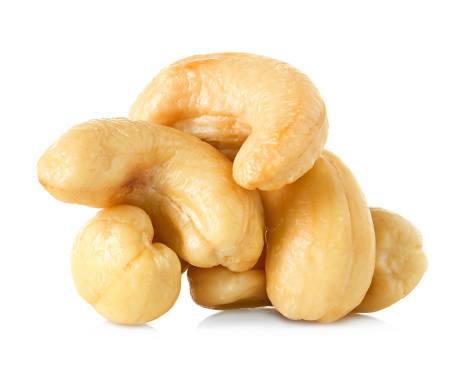
Cooked or roasted cashews are safe for dogs; however, raw cashews contain toxins that can be harmful. High-fat content may also result in stomach issues.
Verdict: Feed cooked or roasted cashews only, and do so in moderation.
3. Peanuts

Technically legumes, not nuts, peanuts are generally safe for dogs if served unsalted and without shells. Natural, sugar-free peanut butter is also a great treat.
Verdict: Great in moderation and a popular dog treat choice!
Nuts That Should Be Avoided
1. Black Walnuts
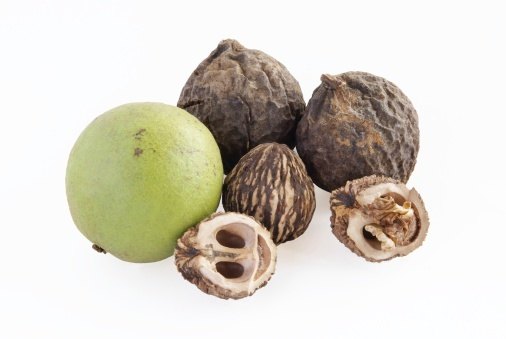
Black walnuts can cause gastrointestinal upset and pose a risk of obstruction when consumed by dogs.
Verdict: Do not feed.
2. Macadamia Nuts
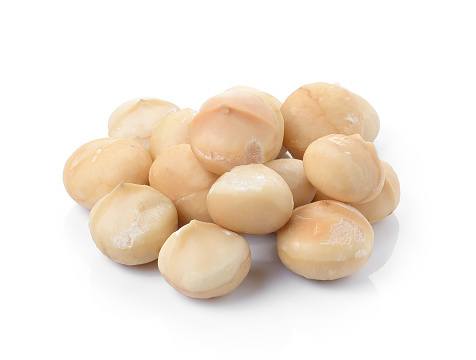
Macadamia nuts are highly toxic to dogs and can cause neurological symptoms as well as severe gastrointestinal distress.
Verdict: Absolutely do NOT feed.
3. Pecans
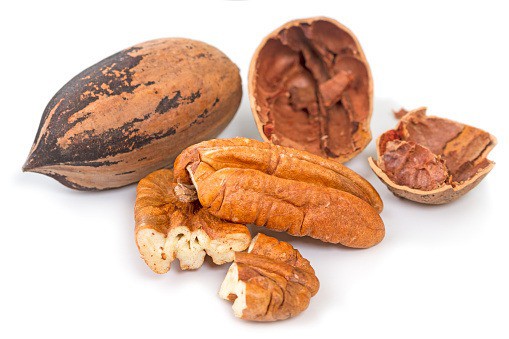
Pecans can lead to gastrointestinal distress and obstruction, especially if moldy.
Verdict: Do not feed.
4. Walnuts and Other Varieties (Japanese and Hickory)
Both walnuts and hickory nuts can cause gastrointestinal issues and possibly severe health risks due to mold. Many types of walnuts, including Japanese walnuts, also carry the same risks.
Verdict: Do not feed.
5. Hazelnuts and Pistachios
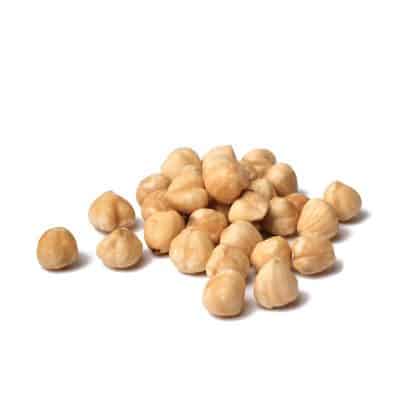
Hazelnuts are safe for larger dogs but pose choking risks for smaller breeds. Pistachios can lead to gastrointestinal problems. Both should be fed sparingly.
Verdict: Can be okay in moderation, but safer treats are available.
Conclusion
Understanding which nuts are safe for dogs is essential for pet owners who wish to share their food responsibly. Always consult your veterinarian for advice tailored to your dog’s specific health needs. If you have other types of nuts or foods you’re curious about, feel free to leave a comment!
Meanwhile, explore our additional guide on 10 People Foods You CAN Share With Your Dog!


